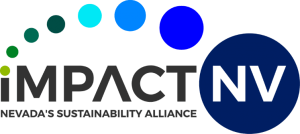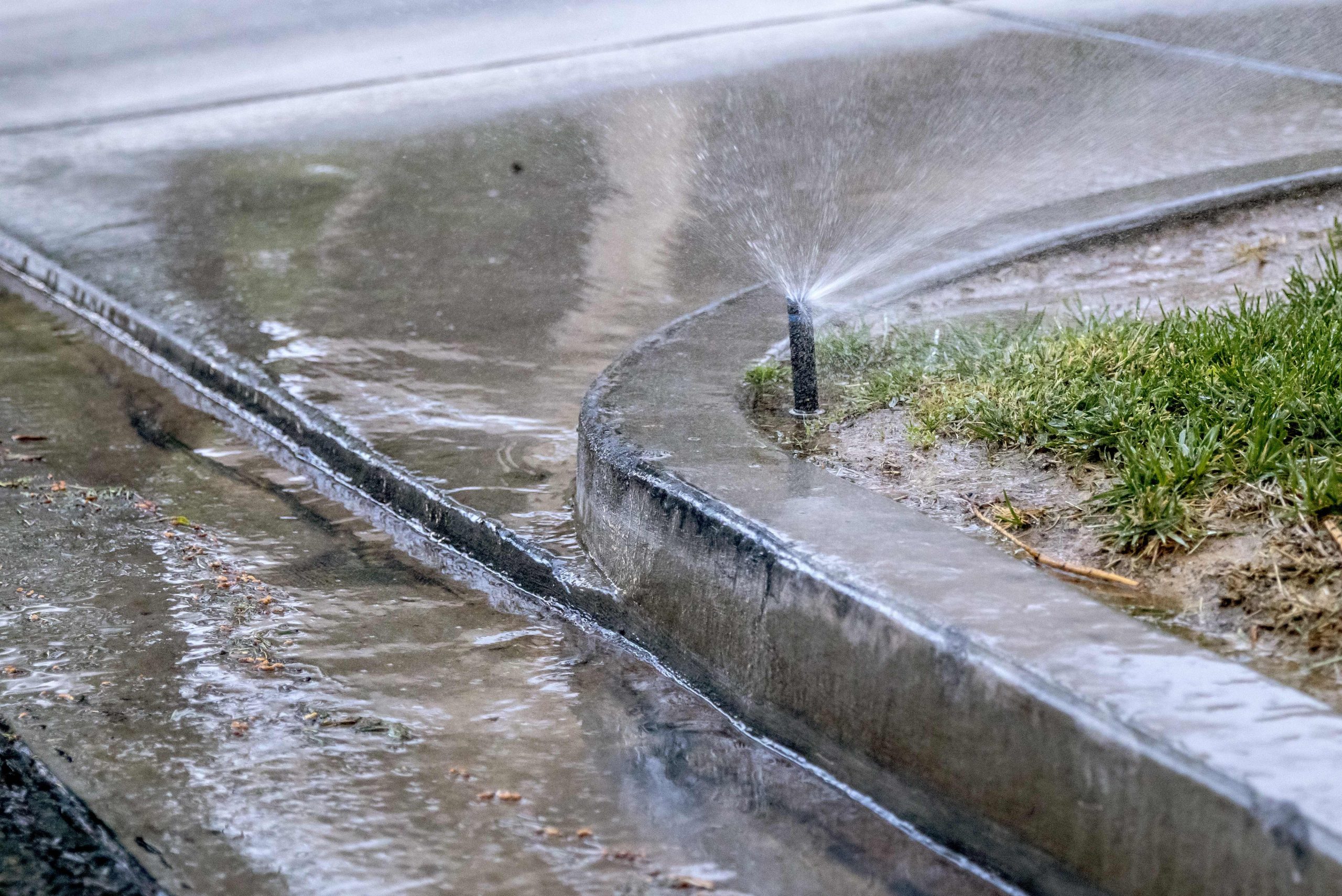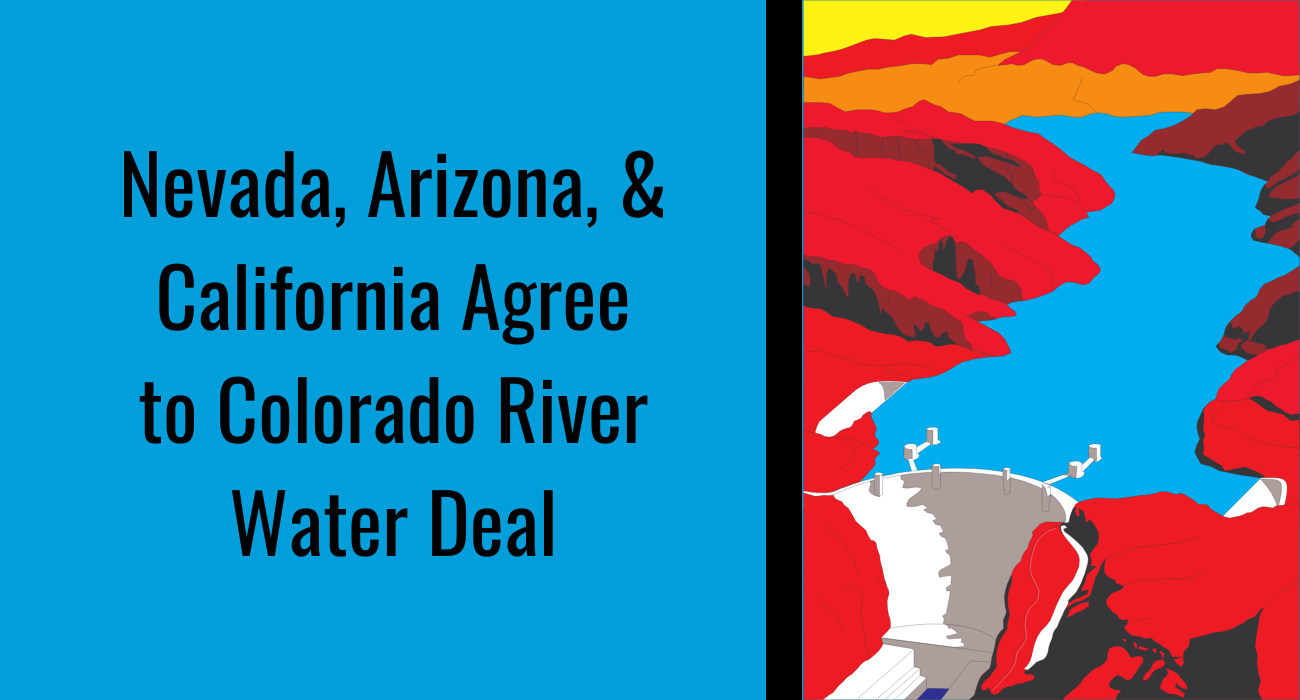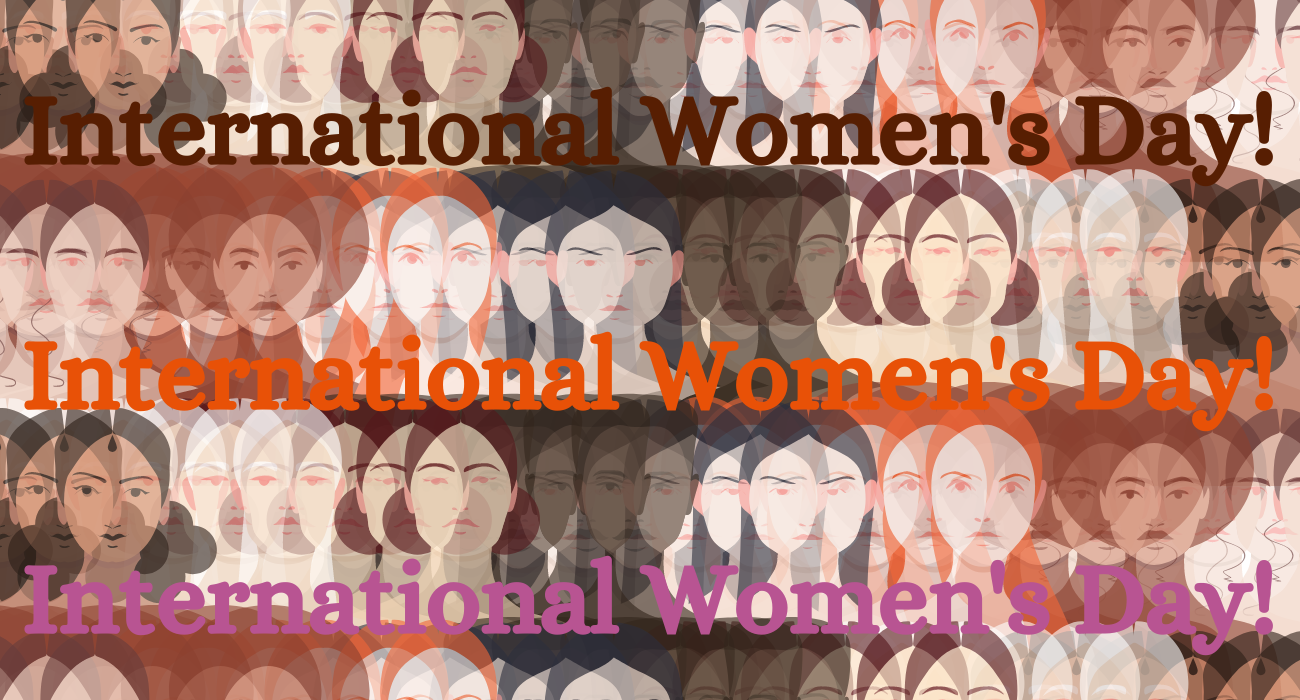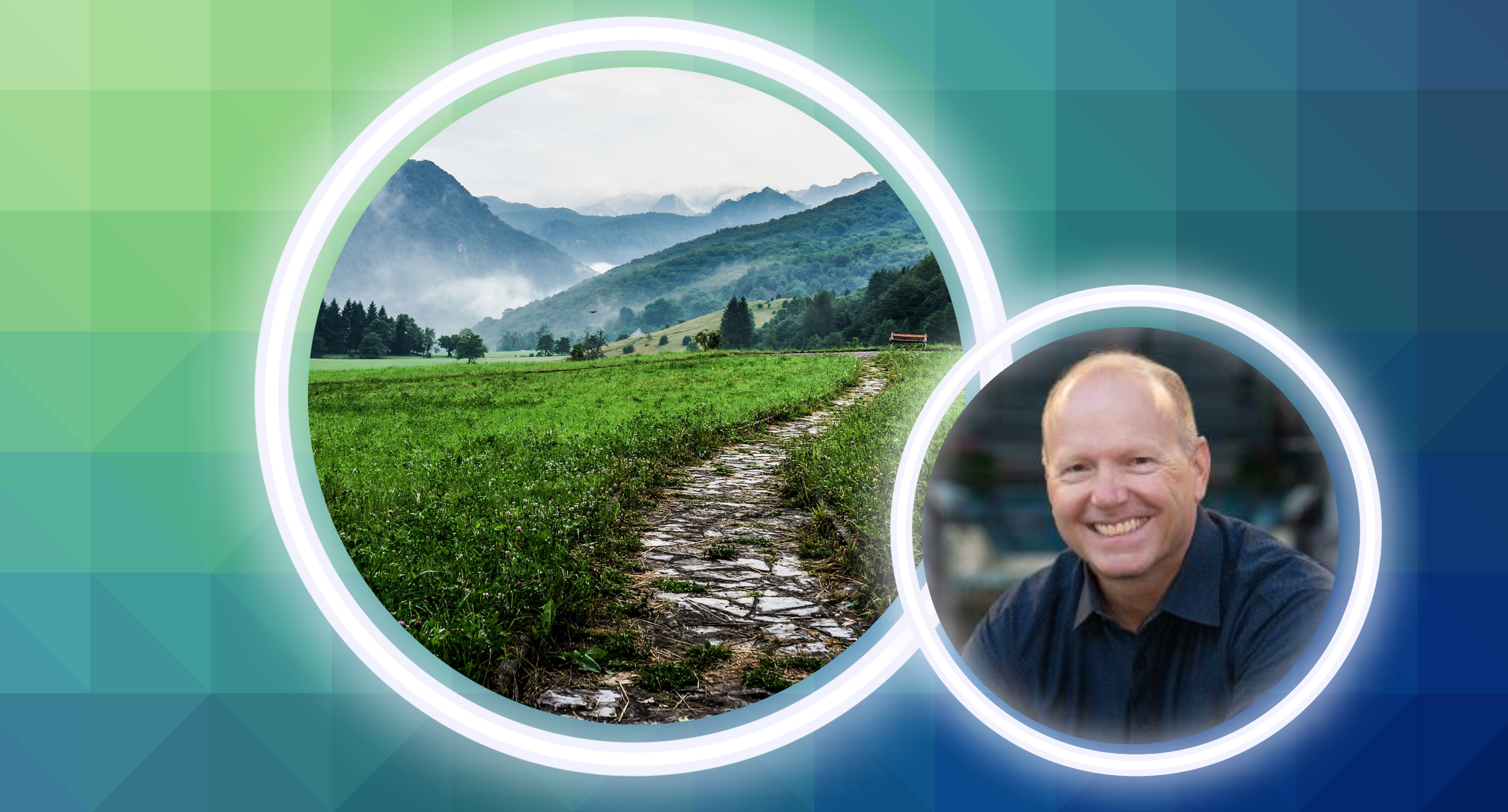
Sustainability Defined Globally and Interpreted Personally
By, Dave Ray
The United Nations Commission on Sustainable Development defines sustainability as “meeting the needs of the present without compromising the ability of future generations to meet their own needs.” Generally, this definition can provide insight into sustainability, but parameters are not defined in a tangible scope , that people can understand. Imagine each resource is deposited into a bucket. As resources are used, the bucket is emptied. If there is not a replenishment of resources, the bucket becomes empty. In an ideal situation, the buckets are continually filled and hopefully expanded as an ongoing resource going forward. Be it environmental, social or economic sustainability, we all should be tied to a central understanding: We cannot survive as a species if we don’t address the current systems driving our world. We have emptied the buckets for generations and they need to be replenished.
It is true that resources need to be managed for current and future needs, but degradation of resources, and resources’ renewability or replacement, also need to be considered. For example, water is a finite resource, but clean water is even more scarce, so when technology is adapted to increase access and availability of clean water, that bucket can expand. Piping flood waters from the Mississippi river to the front range the Rocky Mountains is simply infrastructure. Technology can assist with capturing rain and storm water as well as assist with re-using grey water. Technology can also implement desalination, expanding the bucket. Unfortunately, current forms of desalination technologies require massive amounts of energy, which is yet to be sustainable. However, continued technological innovation and investment will result in new, less energy intensive methods over time.
Being raised on a small farm, I learned early that sustainability was necessary because of the lack of access to resources. My family ate vegetables fresh from our garden, we canned what we could not consume and saved it for later. We raised our own beef, chickens and pork. Again, we ate what we could, fresh and then froze the resources to consume until the next cycle. This saved a 45-minute commute each way to a grocery store. Sustainability enhanced our quality of life, saved costs on resources and was a lifestyle. Fortunately, if our crops were destroyed, we did have the ability to drive to town and go to a grocery store. A purist definition of sustainability is that there is no grocery store. The lifestyle was not easy, with each new idea, the full life cycle needed to be evaluated. Hay + Cows = Meat + Manure. To enjoy the meat, a solution for the manure was needed. Cow manure was good fertilizer for fields and gardens. Sustainability is a journey, the journey defines a process finds a solution and then moves on to the next, hopefully making it circular. Sustainability requires planning, forethought, communication and conservation. Not conservation in the sense of sacrifice, but conservation in the sense of making sure that the entire resource is not fully depleted or destroyed to where it cannot be restored. The concern is just that, are we currently consuming our resources to a point in which they cannot be restored?
Many landfills have reached critical capacity, recycling is limited in most areas, air and water pollution have only recently been slowed as the world reeled from Covid-19 with an expected increase once we reopen. Methane emissions unexpectedly increased during the pandemic. Fires burn hotter and more often, the Southwest has been in drought conditions for over two decades, and the Southeast and Northeast keep flooding while we try to find solutions. The solutions that could have started yesterday are needed today, hopefully our solutions today will preserve tomorrow. Technology and desire must work together hand-in-hand seeking and finding the next answer, is it the cleaning of Great Pacific garbage patch that will finally cure our oceans or is it the Tesla Tunnel that provides a new solution for mass transit? The good news is that there is money driving research to address our future as the journey continues.
As the world has evolved, so have our efforts to define sustainability. That definition can differ widely depending on who is defining it and its intended audience. Some have even used the term as a way to divide as if we live in different worlds that are not intimately connected. Personally, I see sustainability as the journey. The journey requires planning, forethought, awareness and enjoyment. If we want to do more with less (= enough), we need to be sustainable. If we want to live the way that we do now forever, we need to be sustainable. Most importantly, if we want future generations to be able to live (better than) as we do, to see and do the things that we have in our lives, we need to be sustainable.
Sustainability is selfless, faceless, guiltless and has no agenda or political party.
Sustainability is a journey that we take together not for ourselves, but for all future generations.
